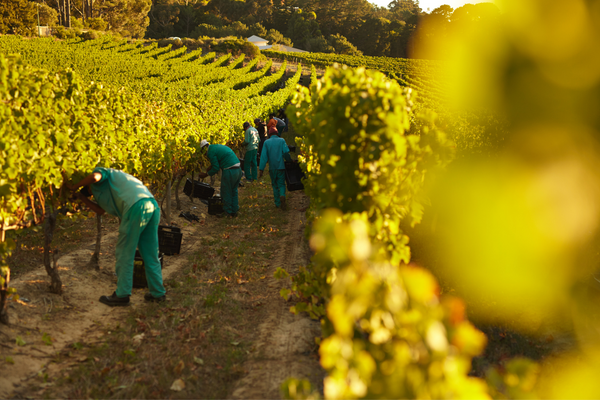A recent global assessment conducted by the Intergovernmental Science-Policy Platform on Biodiversity and Ecosystem Services (IPBES) found that approximately 50,000 wild species support billions of people worldwide. In fact, one in five people relies on wild species for basic necessities including food and income. The assessment examined the pathways for sustainable use of wild species to reduce overexploitation and species extinction. In particular, the assessment highlights the value of Indigenous and local knowledge to inform best practices in sustainable wild species management and use. As Viviana Figueroa, Argentine Indigenous lawyer and activist and participant in the dialogues held by IPBES said “If wildlife disappears, our culture is at risk, our lifestyle and our livelihood is at risk.” Therefore, it's important to bring together both scientists and Indigenous Peoples to strengthen sustainable wild species use practices and integrate Indigenous perspectives and considerations into national and international frameworks and agreements. The assessment also recommends reducing unregulated and illegal fishing, supporting small-scale fisheries and investing in technology to reduce waste in wood manufacturing. Although overexploitation is a clear threat to biodiversity and sustainable use of wild species, the assessment also states that human-driven climate change is compounding the issue.

Photo by Jacob Lund from Canva
- Log in to post comments



CRC Comments